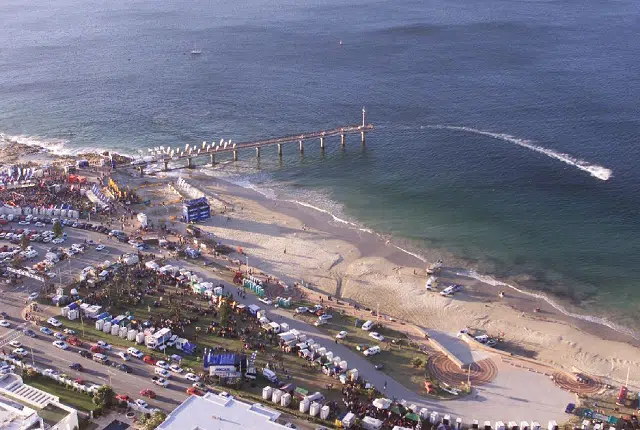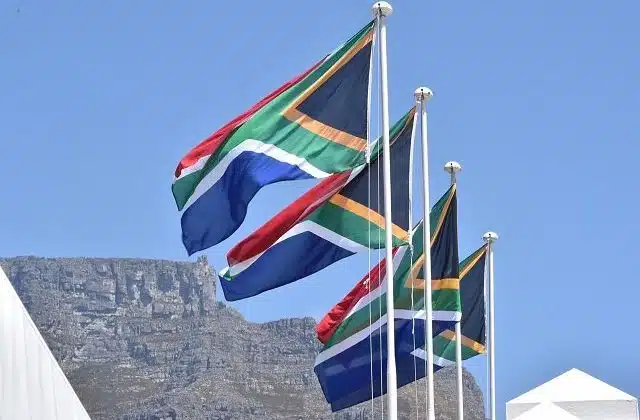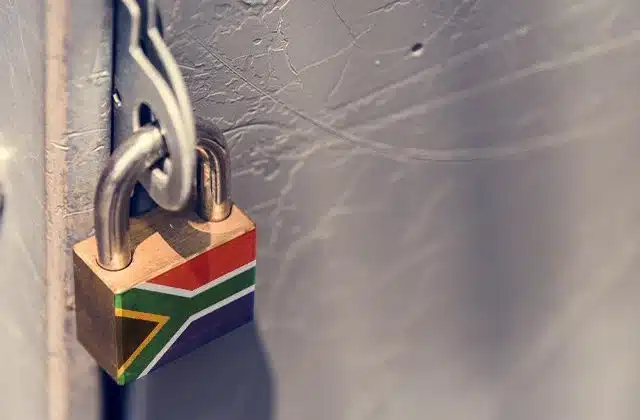
Government says situation ‘dire’ as Nelson Mandela Bay runs out of water
The Department of Water Sanitation has warned of deteriorating water supplies in and around the Nelson Mandela Bay area, describing the situation as ‘dire’.
A severe drought has depleted dams in the southern Nelson Mandela Bay municipality, which includes the coastal city of Gqeberha, with three of the main reservoirs that supply about a third of its 1.3 million people close to empty. Much of the remaining water is of poor quality and the overuse of chemicals to treat it has led to the deaths of at least two children, livestock and vegetation.
Speaking to eNCA, the department’s spokesperson Sputnik Ratau said the metropole received some reprieve recently as rainfall added to its water reserves, but cautioned that this has done little to move the needle, with usable water levels remaining below 3%.
“That means although we could have (levels of) 17% or higher in the dams, the amount we can actually use as drinking water is still terribly low. It is a dire situation that is quite uncomfortable.
“The issue of putting a cap on water use is one of the ways we are ensuring that we don’t overuse water so that we can stretch the amount of water available.”
Ratau said that these restrictions need to be implemented across the metro, with the government rolling these interventions out across the metro. He added that residents who are overusing or exceeding current limits are specifically being targeted.
“If we don’t consciously reduce the use in each area then we will be heading for a difficult time before the rains come later in the year.”
The water shortages have evoked memories of Cape Town’s plight four years ago when drought forced the city’s more than 4 million residents to halve their daily consumption. It’s also a sign of things to come – the government estimates demand for water will outstrip supply nationally within the next two years, and the country will face a deficit of almost 20% by the end of the decade.
Nelson Mandela Bay was hit by severe drought in 2016 and dams have not been replenished, with levels remaining below 20% the whole of last year. The area typically gets rain throughout the year.
Gqeberha and its surrounds go through 290 megaliters (76 million gallons) of water a day, about a fifth more than the national Water and Sanitation Department says it should, with households accounting for 65% of consumption and businesses the balance.
Read: People queue for hours as one of South Africa’s biggest cities runs out of water



